It is no secret that running a small business can be a costly exercise, but one expense that business owners shouldn’t avoid is the costs involved in seeking legal advice about the lease of their premises. Whether it is a commercial lease or a retail shop lease, it is a complex legal contract that will have significant ongoing financial and legal obligations.
Here are just a few quick points a prospective tenant should be thinking about before signing any lease or agreement to lease.
1. Don’t rely on a ‘gentleman’s agreement’
Quite often there is a disconnect between what the leasing agent has promised a prospective tenant and what the Landlord has included in the lease. It is imperative to ensure that everything agreed to in earlier negotiations is captured in writing and both parties are getting what they bargained for, with no unwanted surprises. Where agreed terms are missing from the draft lease, a lawyer can help to negotiate the commercial terms with the Landlord.
2. Check the zoning and classification for your intended use
Despite what the leasing agent may say or what type of business was previously in the premises, a prospective tenant should always check that the intended use for the premises is permitted by the local council. In addition to the use, signage for the business and work for the fit-out may require council approval so it is worth thinking about these requirements prior to signing any documents.
3. Be prepared for the outgoings to increase
Even though disclosure is required for a Retail Shop Lease, it is difficult to ascertain just how much outgoings will increase over the term of the lease. Other than the usual yearly increases, there may be unexpected outgoings, for example, if the premises is located within a body corporate and a special levy becomes payable. If the lease is a Retail Shop Lease, a lawyer will be able to ensure that outgoings such as land tax, sinking fund contributions, and other outgoings that offend the legislation, are not included in the lease and that other ‘unusual’ outgoings, such as special levies, are negotiated out of the lease.
4. Check the ‘make good’ provisions
Although prospective tenants are probably not thinking about the end of the lease before it is even signed, it is important to ensure the make good provisions in the lease are not unreasonable or onerous. An example of this may be the requirement for the premises to be returned in a better condition than when it was received or the use of undefined terms such as ‘superior’ or ‘first class’ condition. In these instances, a lawyer can help negotiate a reasonable and sufficiently certain make good provision.
There are of course many other things to consider when entering into a lease such as fit-out periods, incentives, redecoration requirements, insurance, indemnities, guarantees, the list goes on. Every clause is in the lease for a reason so it is worth getting accurate legal advice to ensure full awareness of each and every obligation and right. If nothing else, this will help prevent an inadvertent breach of the lease.
While the upfront legal costs may seem a burden initially, getting the right advice up front is critical to avoiding potentially very costly issues over the term of the lease.
Important Disclaimer: The material contained in this publication is of a general nature only and is based on the law as at the date of publication. It is not, nor is it intended to be, legal advice. If you wish to take any action based on the content of this publication, we recommend that you seek professional advice.

